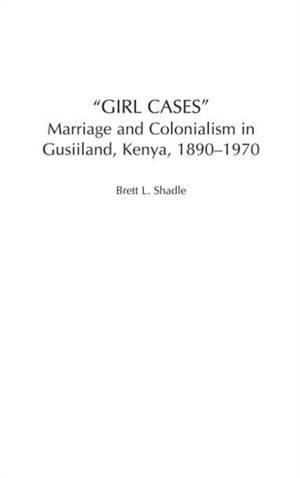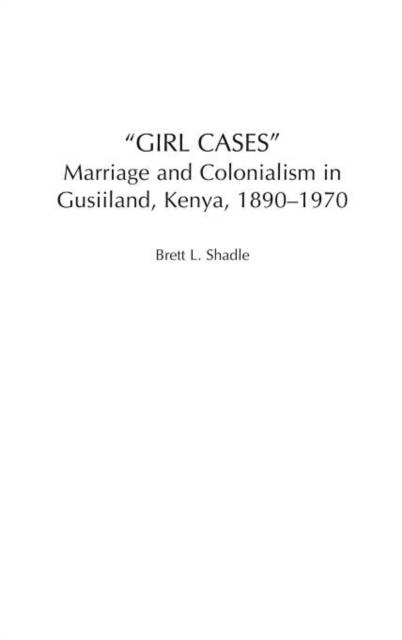
- Afhalen na 1 uur in een winkel met voorraad
- Gratis thuislevering in België
- Ruim aanbod met 7 miljoen producten
- Afhalen na 1 uur in een winkel met voorraad
- Gratis thuislevering in België
- Ruim aanbod met 7 miljoen producten
Omschrijving
Beginning in the late 1930s, a crisis in colonial Gusiiland developed over traditional marriage customs. Couples eloped, wives deserted husbands, fathers forced daughters into marriage, and desperate men abducted women as wives. Existing historiography focuses on women who either fled their rural homes to escape a new dual patriarchy-African men backed by colonial officials-or surrendered themselves to this new power. Girl Cases: Marriage and Colonialism in Gusiiland, Kenya 1890-1970 takes a new approach to the study of Gusii marriage customs and shows that Gusii women stayed in their homes to fight over the nature of marriage. Gusii women and their lovers remained committed to traditional bridewealth marriage, but they raised deeper questions over the relations between men and women.
During this time of social upheaval, thousands of marriage disputes flowed into local African courts. By examining court transcripts, Girl Cases sheds light on the dialogue that developed surrounding the nature of marriage. Should parental rights to arrange a marriage outweigh women's rights to choose their husbands? Could violence by abductors create a legitimate union? Men and women debated these and other issues in the courtroom, and Brett L. Shadle's analysis of the transcripts provides a valuable addition to African social history.Specificaties
Betrokkenen
- Auteur(s):
- Uitgeverij:
Inhoud
- Aantal bladzijden:
- 304
- Taal:
- Engels
- Reeks:
Eigenschappen
- Productcode (EAN):
- 9780325070926
- Verschijningsdatum:
- 1/08/2006
- Uitvoering:
- Hardcover
- Formaat:
- Genaaid
- Afmetingen:
- 164 mm x 236 mm
- Gewicht:
- 598 g

Alleen bij Standaard Boekhandel
Beoordelingen
We publiceren alleen reviews die voldoen aan de voorwaarden voor reviews. Bekijk onze voorwaarden voor reviews.












